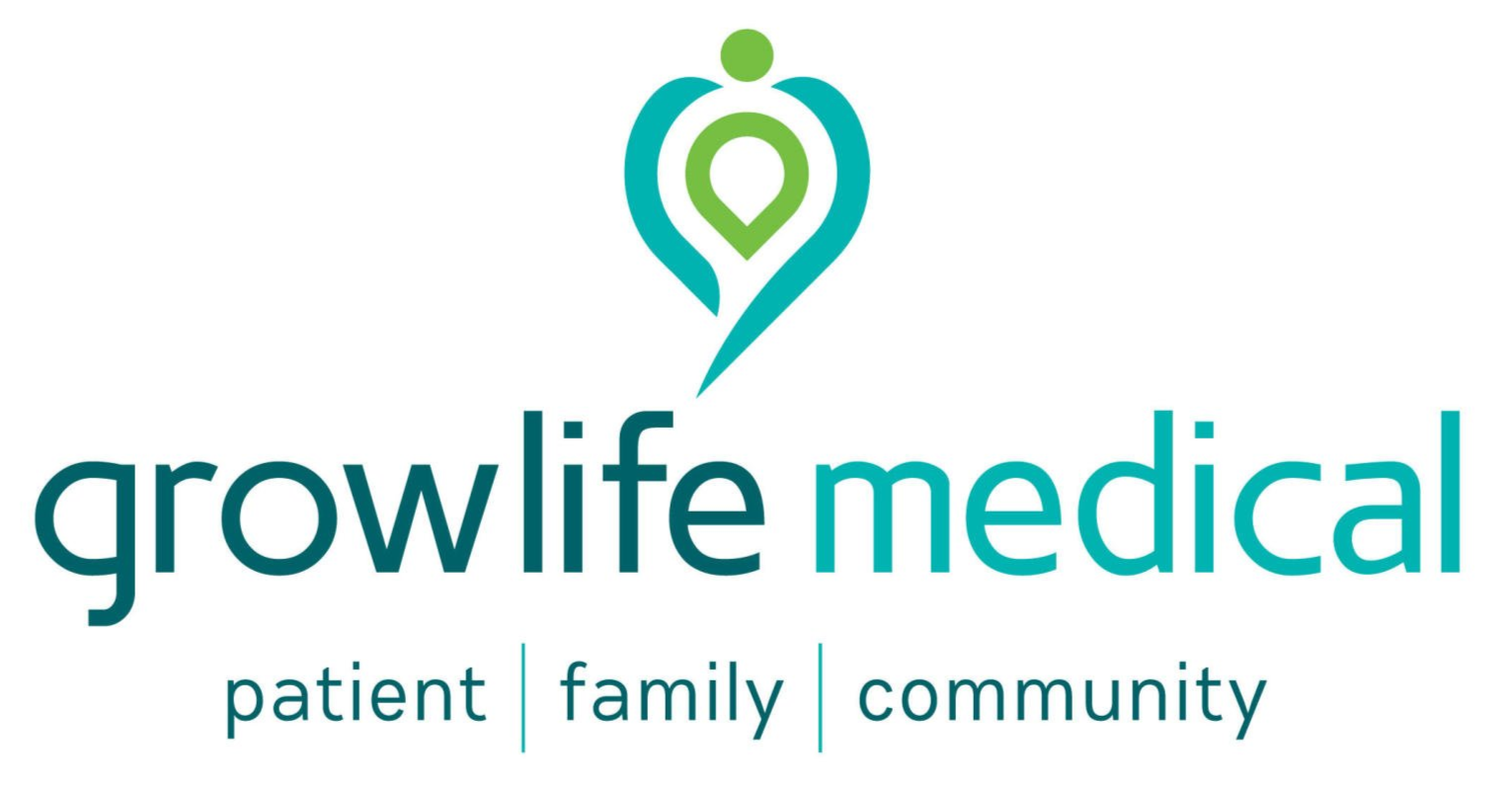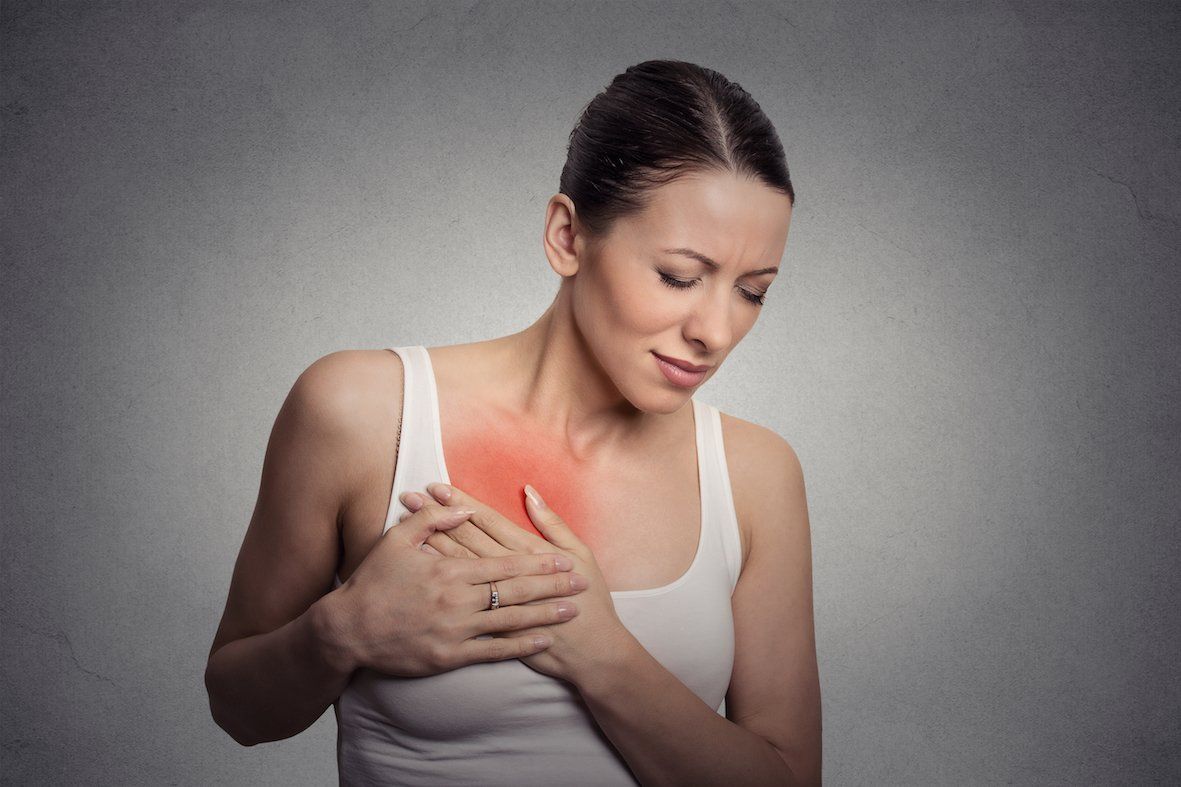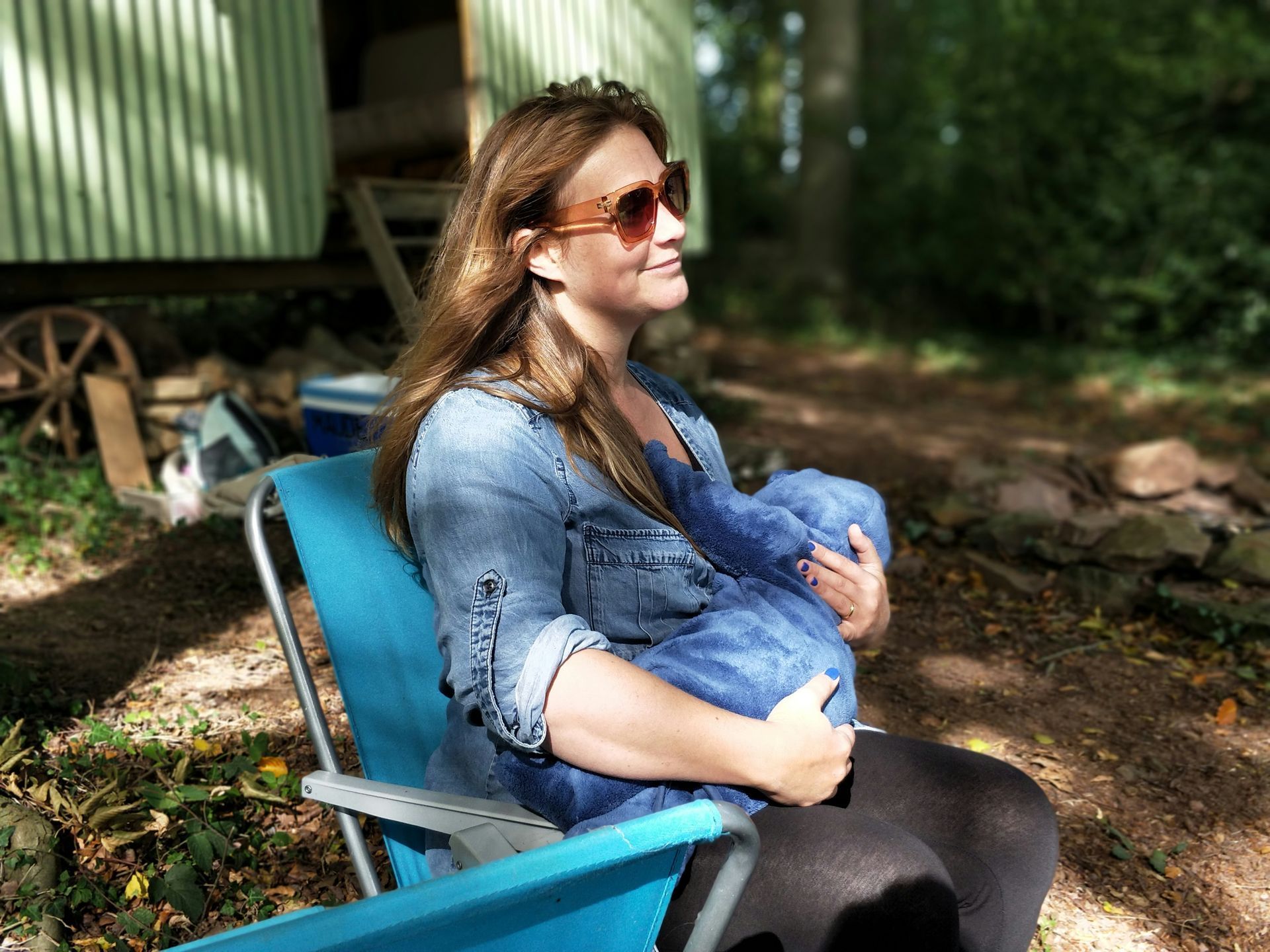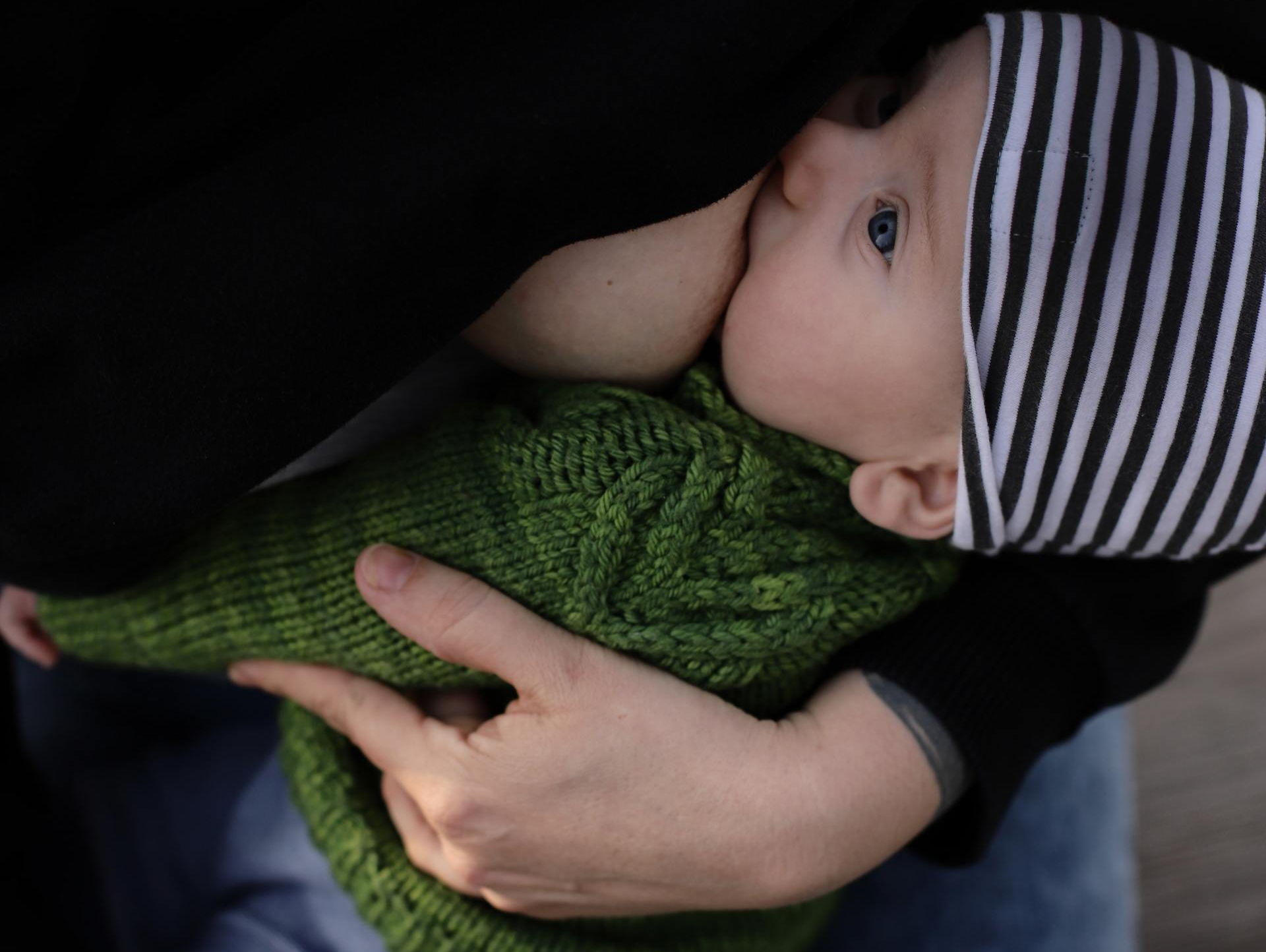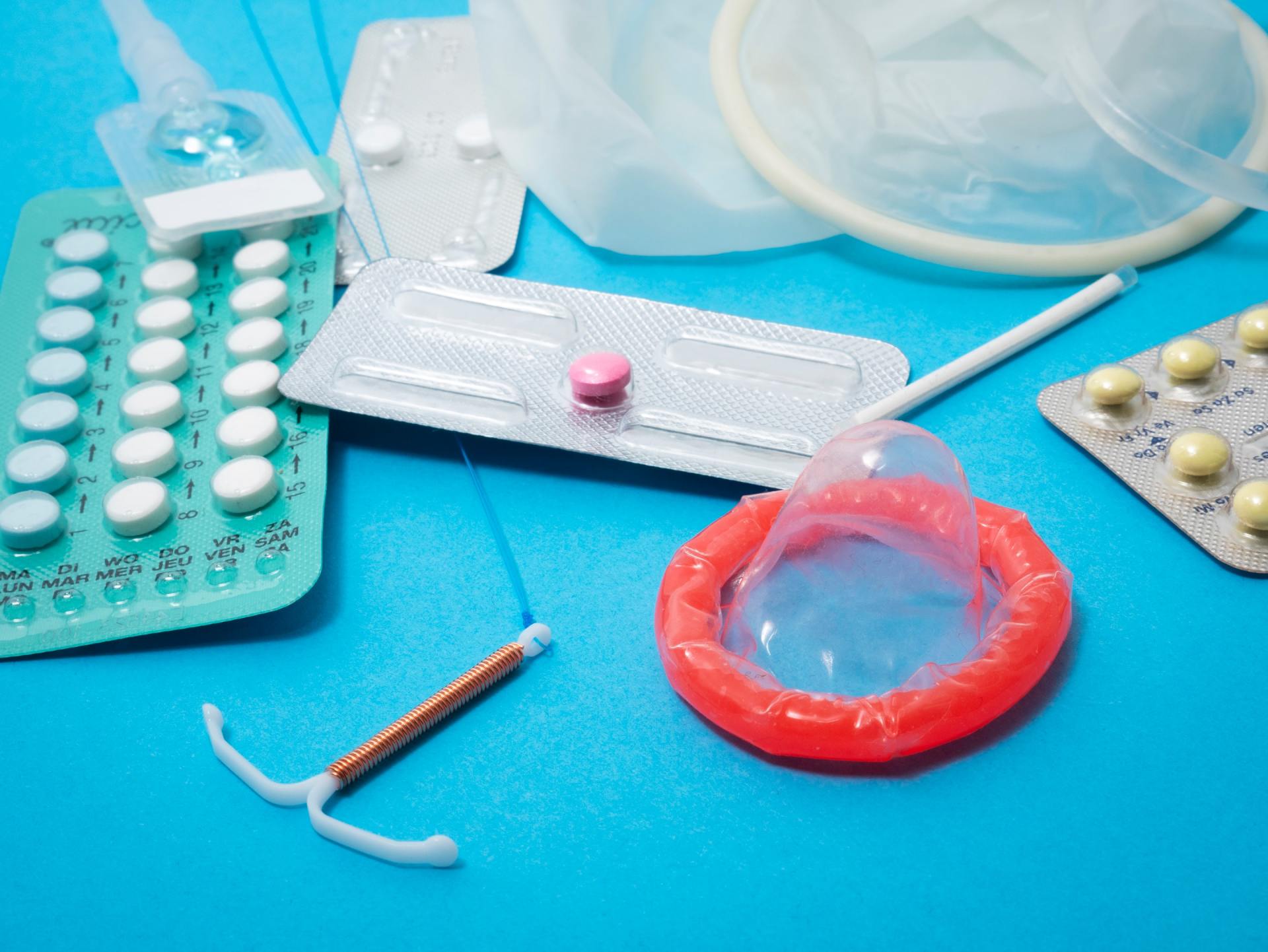Mastitis, put simply, refers to any inflammation of the breast with or without a fever. The condition is associated with
breastfeeding
and is often caused by a build-up of milk in the breast. It is important that people with symptoms seek medical attention promptly as untreated mastitis could develop into a breast abscess. This is a more serious condition that may require more invasive intervention such as drainage under ultrasound guidance, or surgery.
Grow Medical looks at the issue of Mastitis. What is Mastitis, it's symptoms, causes, treatment, prevention, relief and the use of antibiotics. What is Mastitis?
Mastitis refers to the inflammation of breast tissue, usually due to infection. This inflammation can cause considerable breast pain, as well as redness and swelling.
Typically, mastitis affects women who are breastfeeding, particularly within the initial three months after having a baby. This form of mastitis is often referred to as lactation mastitis or puerperal mastitis and can make it difficult for mothers to continue breastfeeding. Importantly, if you notice symptoms of mastitis and seek help quickly, treatment is usually simple. We have a team who can also help you address any underlying issues.
Mastitis Symptoms
Mastitis symptoms can include tender spots or lump in your breast, red or flushed breast fever and achy, and flu-like symptoms. The condition tends to come on very quickly.
Mastitis Causes
Mastitis causes may include:
- Broken skin on the nipple.
- Bra too tight.
- Sudden change in feeding patterns such as when baby stars sleeping longer through night.
- Sudden weaning.
- Thrush.
Sometimes baby may refuse the breast when infection is present as the taste of milk changes. You will need to express regularly in this situation.
If you need antibiotics this is safe for baby. Giving your baby breastmilk with a tiny bit of medication in is still far better than giving formula. The amount of medication in the breastmilk is a very small amount of what you take (often less than 1%of your dose) There are very few medications that are not recommended for nursing mothers (Thomas Hale Medications and Mothers Milk 2014).
Mastitis Treatment
Fortunately, mastitis is very treatable. Mastitis treatment suggestions can include:
- Continue breastfeeding and if baby is not attaching use a breast pump to keepyour breast well drained.
- If you have fever and flu-symptoms see your doctor. You may need a course of antibiotics.
- Ensure you feed baby when they cue to feed and not to any schedule.
- If it is painful to feed, you can use over the counter ibuprofen for pain relief.
- Massage lumps out towards nipple while feeding/pumping or pop into a warm shower and massage.
- If you have a plugged duct, you could apply heat prior to feeding/expressing to help loosen plug
- Avoid tight or restrictive clothing while healing mastitis. Check your bra isn’t too tight.
- Rest.
Consider seeking help from a
lactation consultant
to check attachment is optimum for effective breast drainage. Often poor positioning at the breast can lead to damaged nipples and poor milk transfer.
Mastitis Prevention
There are a number of ways to reduce the likelihood of mastitis occurring if you are breastfeeding. For mastitis prevention, firstly, it is important to know
what to eat and drink while breastfeeding and to avoid smoking. This will help lower your chances of developing an infection. You can also reduce the risk of occurrence by breastfeeding in a way that reduces the build-up of milk in your breasts. This can be achieved by:
- If possible, breastfeeding exclusively for about six months
- Encouraging feeding on demand and frequent feeds, particularly if your breasts feel too full
- Allowing your baby to finish their feeds properly - most babies will latch off the breast when they are full
- Cut feeds down gradually rather than suddenly switching to formula
- Avoid wearing tight clothing (particularly bras) that put pressure on your breasts
- Pay attention to how your breasts feel before and after a feed, so you can identify and empty any blocked ducts early
Mastitis Relief
There are a number of ways you can relieve the symptoms of mastitis at home. A warm compress, for example, can provide some mastitis relief if applied before and after feedings. Alternatively, an ice pack may be effective if applied after feeding. It is important to note, however, that ice packs should not be applied before feeding as this can slow down the flow of milk.
Over-the-counter pain relievers are a viable option for many women and can make the condition manageable. Drinking lots of water might speed up the recovery process as dehydration can make the condition worse.
Although home remedies can be effective, remember that it is important to visit your doctor if you suspect you have mastitis. They will be able to determine whether you need to be treated with antibiotics.
Mastitis Antibiotics
If your mastitis is caused by a bacterial infection, your doctor will prescribe a course of antibiotics (usually around ten days long). A Penicillin-based antibiotic is usually the first choice, with alternatives available if you are allergic. It is important to complete the course of antibiotics to ensure that it does not come back. If antibiotics do not solve the problem, you should follow up with your doctor.
Breastfeeding Support
The
Australian Breastfeeding Association
(ABA) runs the National Breastfeeding Helpline 1800 mum 2 mum (
1800 686 268). The Breastfeeding Helpline is available 24 hours a day, 7 days a week. It is staffed by trained, volunteer counsellors who answer calls on a roster system in their own homes. Note that if you have current mastitis, you should
book an appointment
today with a Grow Medical GP, rather than using this helpful phone support resource.
Lactation Consultation
It is important to note that all our GPs at Grow Medical can treat mastitis, and because prompt treatment is essential, it is best to book with the first available doctor on the day you notice symptoms. More specialised follow-up can be arranged in a less urgent fashion after you have commenced treatment.
Sam Foster offers a holistic and empowering approach to breastfeeding support.
Sam can provide education, support and assistance in the comfort of your own home, at one of our clinics, or via telehealth.
Sonja Morgan is a GP Lactation Consultant who's expertise includes contraception, antenatal and postnatal care of mothers, as well as care for newborns.
Book a consultation with
Growlife Medical today.

